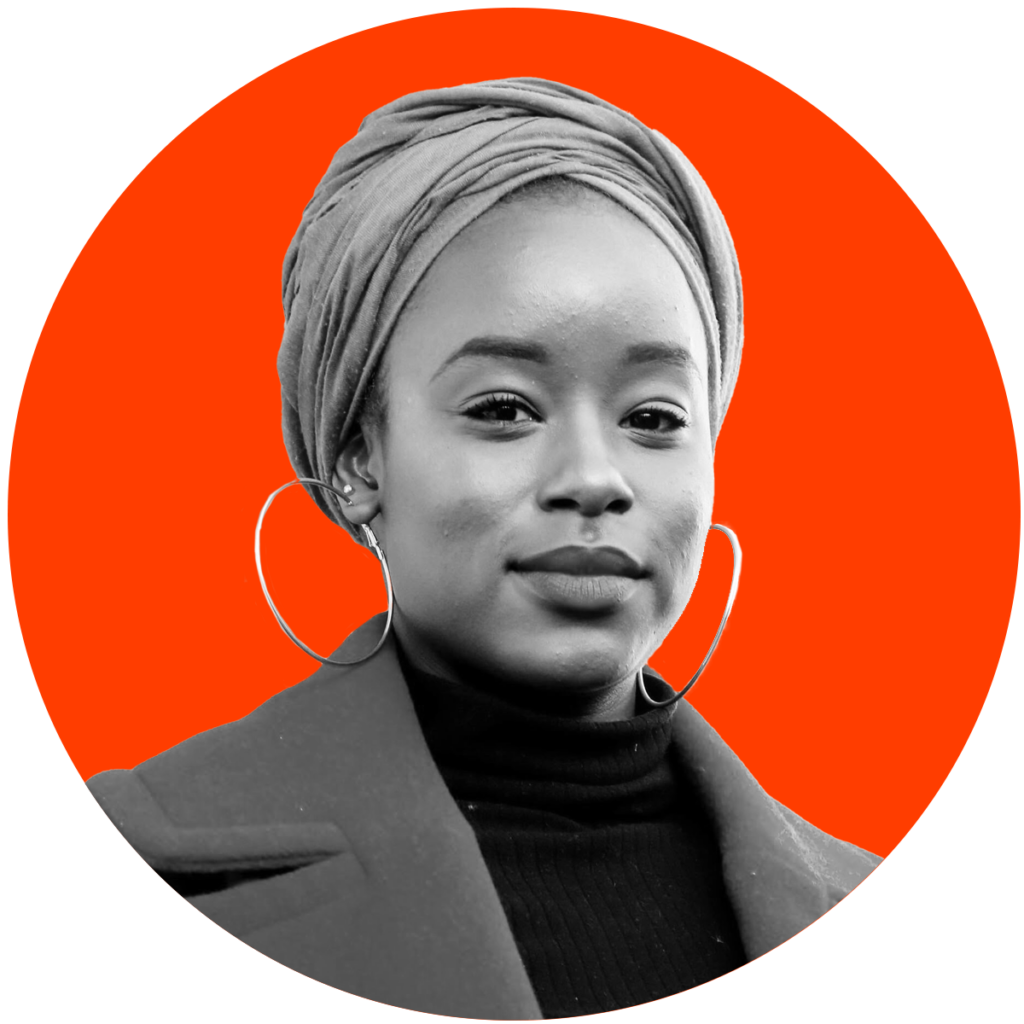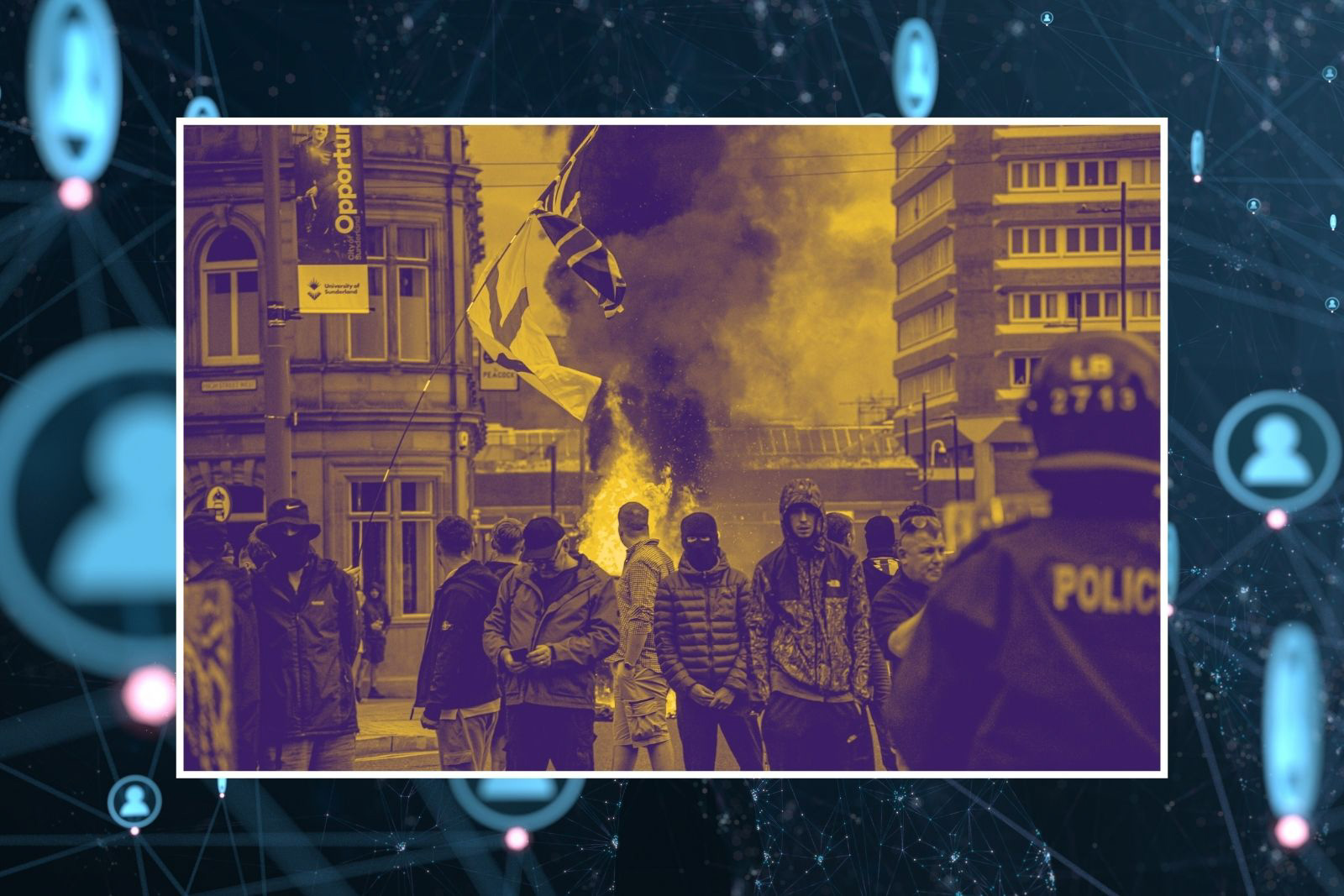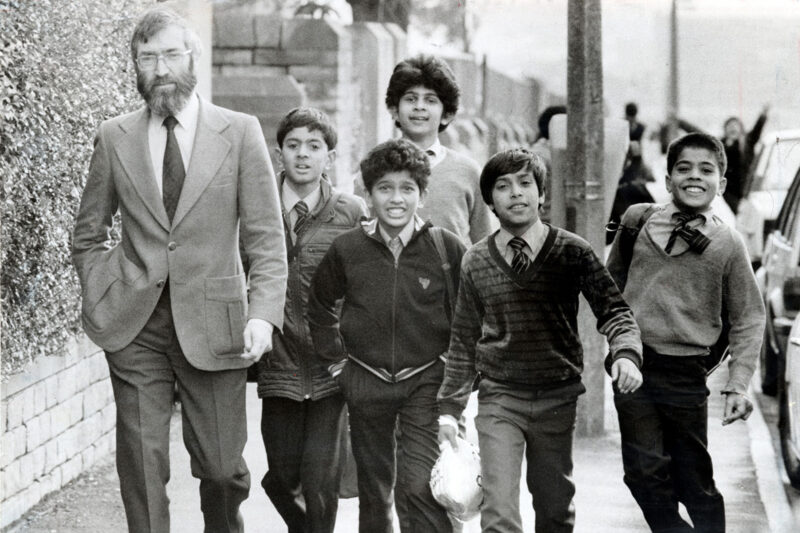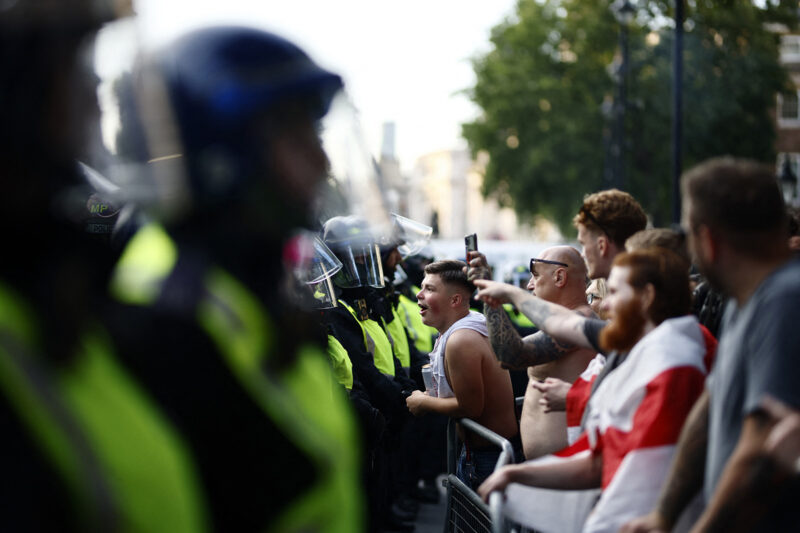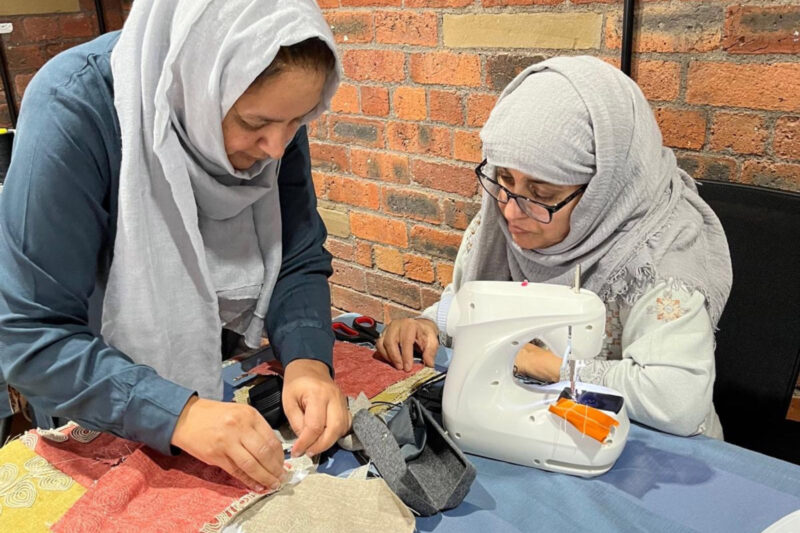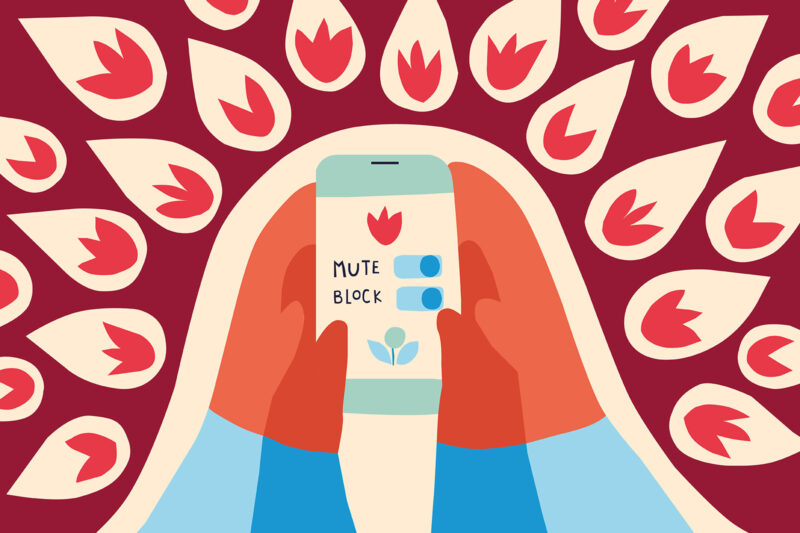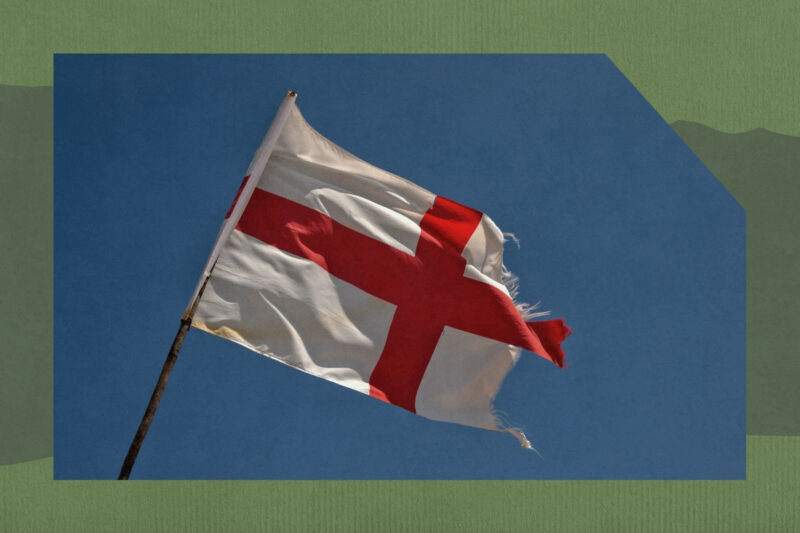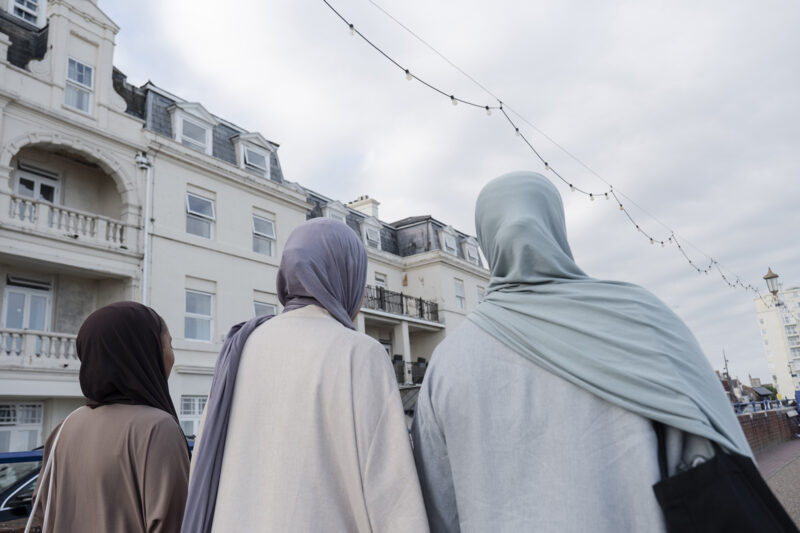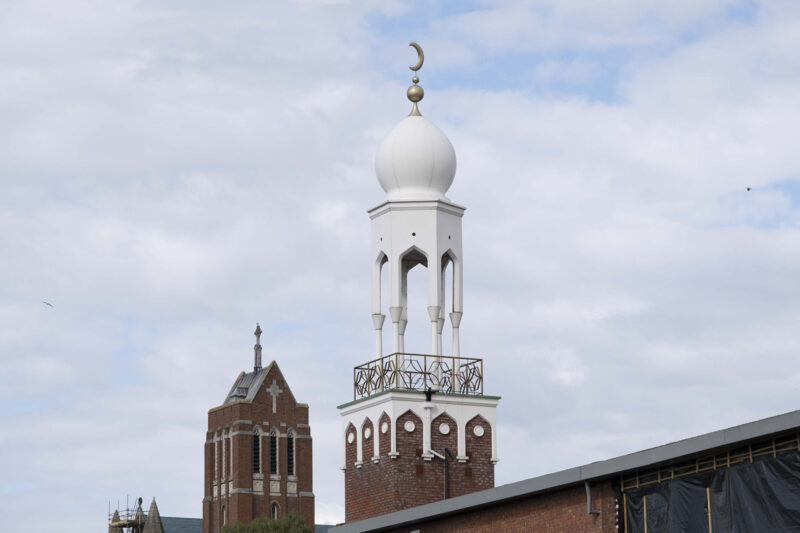Still avoiding parks and shops: how Muslims feel a year on from the riots
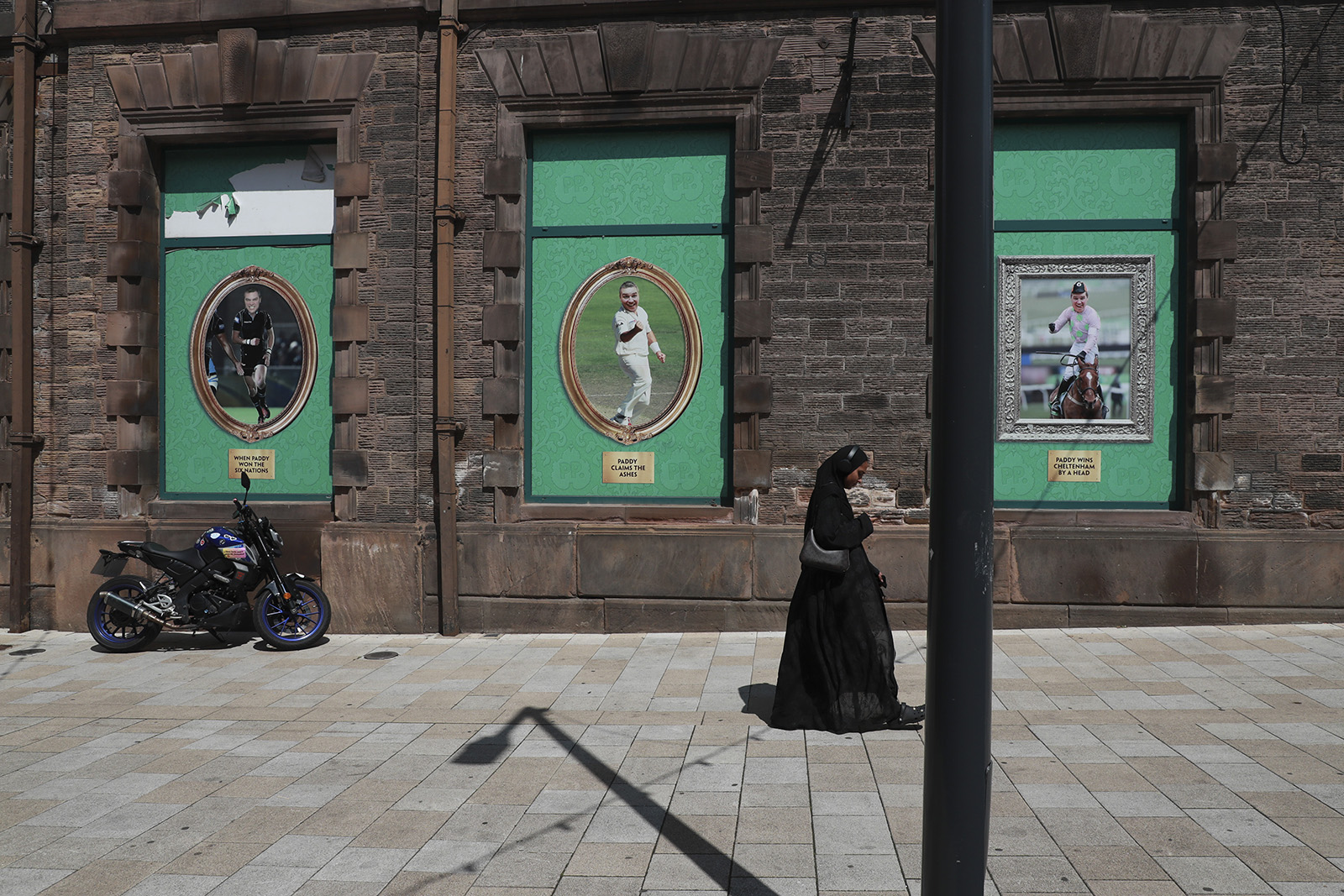
Focus groups run by Hyphen in Rotherham reveal lingering fear — but also praise for neighbours and hope for the future
Film by Rob Gould
Muslims in one of the English towns worst hit by racist rioting last summer have told of how they still fear for their safety a year on — but praised the support they received from neighbours and said they remain hopeful for the future.
Speaking at a pair of focus groups organised by Hyphen in Rotherham at the start of July, a majority also expressed a desire to bridge the divide between different local communities, while others said they have yet to feel the benefit of hundreds of thousands of pounds earmarked by the government for the South Yorkshire town’s recovery.
Hundreds of rioters besieged and set fire to a Holiday Inn housing asylum seekers a few miles north of Rotherham town centre on 4 August 2024. It came as racist and anti-Muslim violence spread across the UK in the wake of a triple murder at a children’s dance class in Southport.
The unrest, which saw more than 1,000 people arrested and at least 170 jailed, was triggered in part by disinformation spread on social media falsely identifying the attacker as a Muslim asylum seeker. For many of Rotherham’s Muslim residents, their daily routines changed drastically overnight.
“I never felt unsafe living in the UK,” said Hero Omer, a Kurdish woman who has lived in Rotherham for seven years. “But after the riots, I went to Morrisons to return a parcel and a man shouted: ‘Go back to your country.’ I didn’t think it was aimed at me, then I realised it was. I haven’t been back since.”
Omer, a mother of three, used to take her sons to the park in the evenings. Since the riots, she has stopped.
“After what happened to me in Morrisons, I became afraid. After a long day, we used to sometimes stay in the park until 10pm, but now we feel more scared.”
More than 60 men were jailed for their part in the Rotherham violence, including 31-year-old Levi Fishlock, who was handed a nine-year prison sentence. Ten police officers were injured in the violence, according to the South Yorkshire force, with one knocked unconscious, and asylum seekers told how they feared for their lives.
Wafa, originally from Sudan, spoke on the condition that we did not publish her surname. She has been living in Rotherham for five years, but recalled a sudden shift in atmosphere when she went out for the first time after the riots.
“I live in a one-bedroom flat with my daughter, so my whole life was outside during the daytime,” she said. “We’d go to the park, but after the riots I spent one month at home because I was scared.”
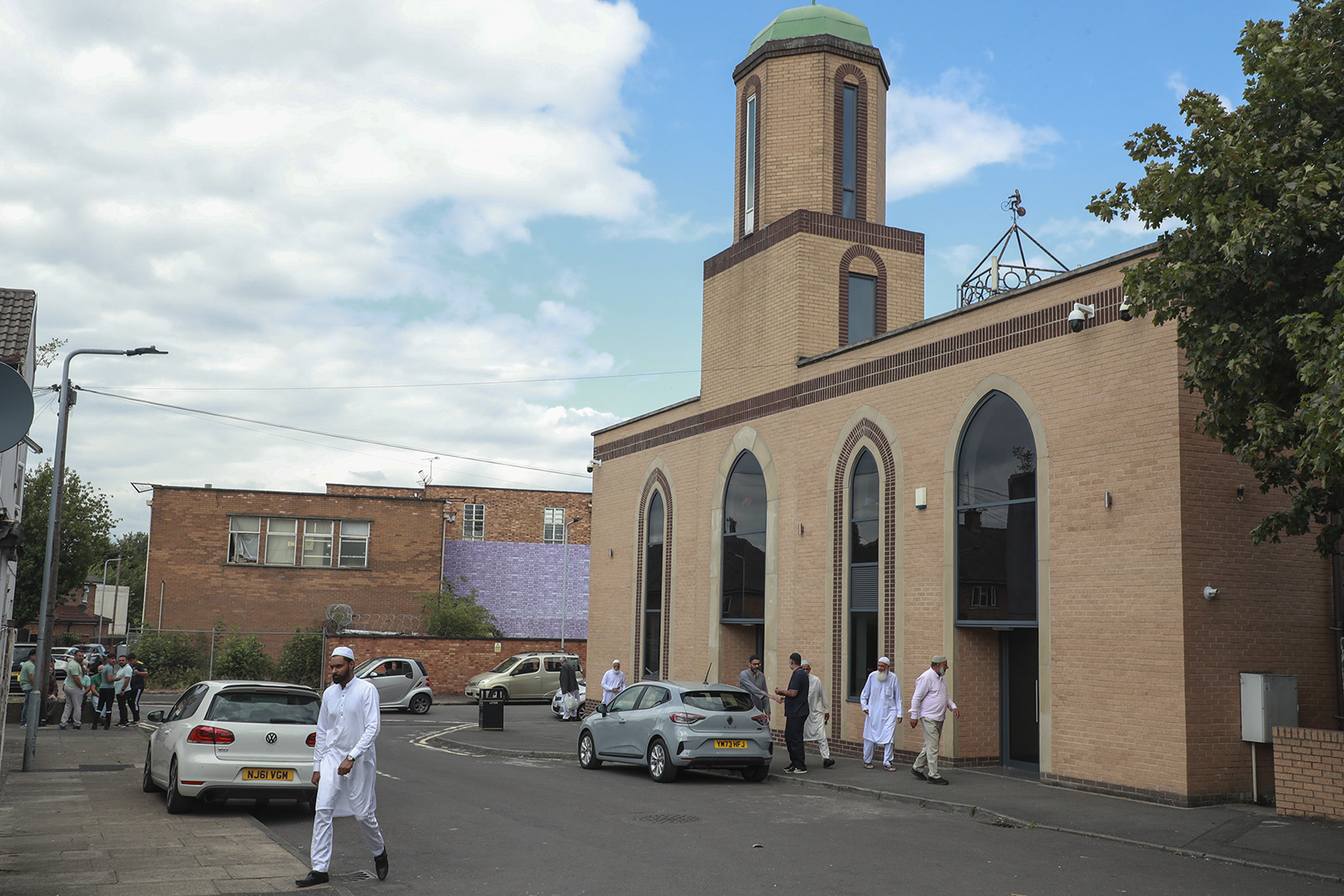
She added: “People were staring at me in the street. I think it was because of my hijab. It felt like they were chasing me with their eyes. I felt really scared, so I went back home.”
The fear also extended to her young daughter. “My six-year-old daughter was wearing the hijab to school at the time. But after the riots I took it off because, for the first time, we felt unsafe and things felt different.”
Abrar Javid, a lifelong resident of the town and the project manager at the Rotherham Muslim Community Forum, pointed to the long shadow cast by the 2014 Jay report on the Rotherham grooming scandal, which found that more than 1,400 children had been sexually exploited over 16 years while local authorities failed to act.
“Since then, we’ve been trying to heal wounds internally as a community,” he said. “But when the riots happened, it felt like everything we’d been working toward was set back. The local authorities haven’t done enough. Some of the initiatives already out there always bring the same people together.”
Despite the fear and disillusionment, a number of those who joined Hyphen’s focus groups — which were organised by the research and PR firm Cultural Intelligence Hub — expressed a desire to bridge the divide. Bilal Olama, a Palestinian man who arrived in Rotherham three years ago but recently moved to nearby Doncaster, described how conversations with his neighbour — who held some rightwing views — gradually turned into friendship.
“She had questions and I had answers,” he said. “After about a year and a half living in Rotherham, we became close friends and she changed her mind about migration, asylum seekers and Muslims. When I moved out, she cried. The change started with dialogue.”
Others feel those individual efforts haven’t been matched by systemic support. Following the riots, the government allocated £600,000 to Rotherham as part of a national £15m community recovery fund. More than half of the local cash went to grassroots projects, including the charity Voluntary Action Rotherham and the Manvers Residents Association, close to the Holiday Inn that was attacked.
Mosques across the UK were also allocated almost £3m — the largest amount from a government scheme to protect places of worship from hate crime.
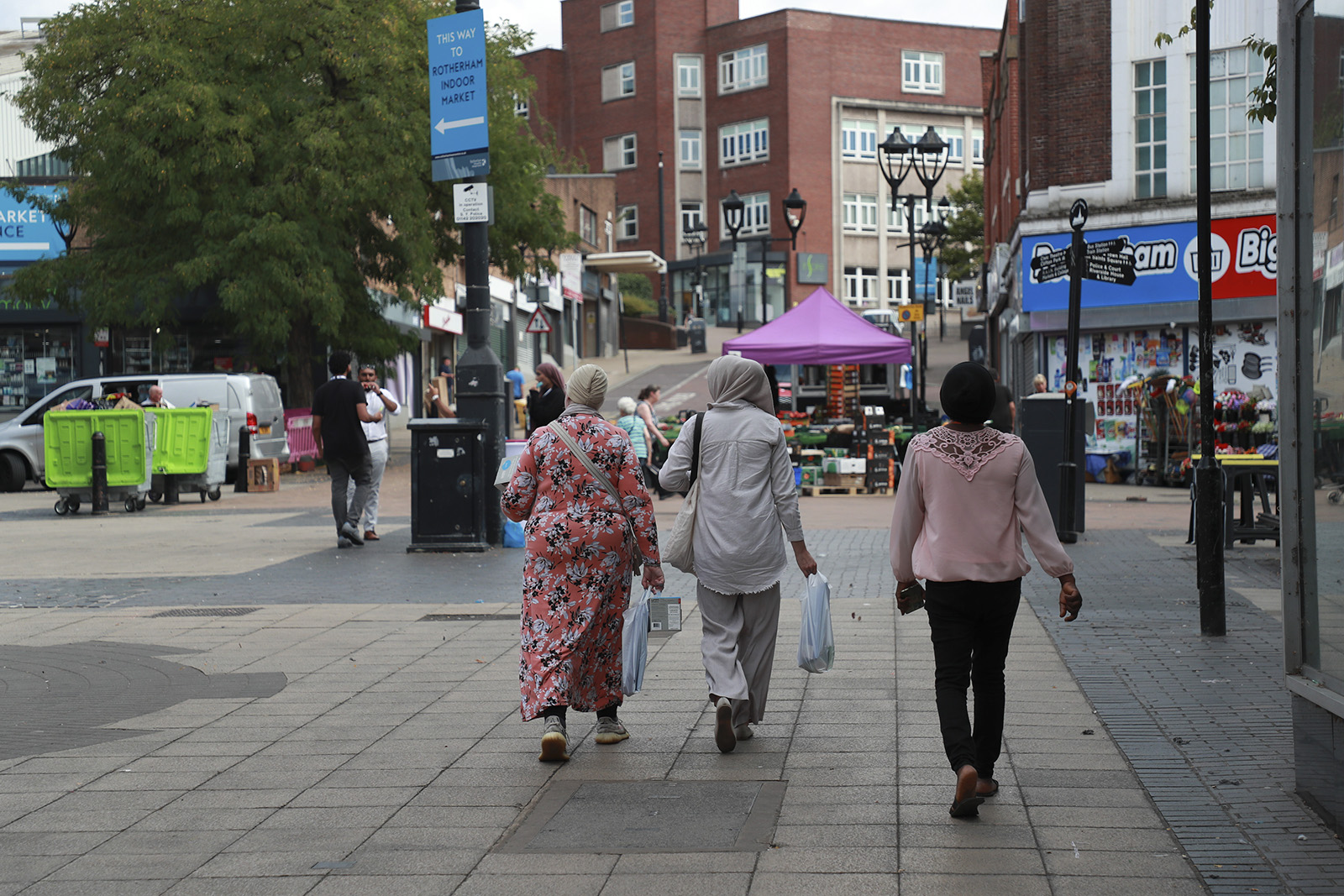
But Annie Sabah, who has lived in Rotherham for eight years, said: “There just wasn’t much formal support afterwards for the Muslim community. It should’ve been tackled by authorities. People who go to school or colleges receive support from their own teachers, but I couldn’t see any organisations giving any kind of information on how to stay safe. I think we were forgotten about.”
Several people described how community centres and schools hosted iftars and solidarity events in the months following the riots. But that support, they said, did not remove the fear of being targeted.
The riots left Sabah’s mother terrified to go shopping alone.
“She’s in her 60s and wears the hijab, so she was afraid someone would try and snatch her scarf off or hit her,” she said. “So either my brother or I would have to go out with our parents, shopping or whatever it was they needed.”
Over time, things went back to normal for Sabah’s father, but her mother is no longer as outgoing. “She still holds that fear,” she said.
Even among the most active in the community, there’s concern that efforts to rebuild trust have been too limited. “The riots happened about five miles from here, in a predominantly white area, and no one has made any real effort to reach out to those communities, speak to the youth or engage with the schools,” said Javid.
Wafa, who is originally from Sudan and asked us not to publish her surname, has been living in Rotherham for five years. “Although the events are over, the effect still lives inside you,” she said. “We need a bigger house. I don’t mind living in any area here. But after the riots, I feel like I’m not really welcome in every area. So now I feel very cautious about the area we live in, especially if there aren’t many Muslims.”
Despite this, there are glimpses of hope. Several participants described increased efforts to build community resilience, from grassroots community events to neighbourly gestures. One school in Rotherham hosted a Ramadan iftar for the first time that included non-Muslim staff and families, a gesture that left a lasting impact.
“That event calmed us,” said Mahasen Hussin, a Sudanese mother of three who has been living in Rotherham since 2017. After the riots, some of her friends wanted to leave the UK, but slowly changed their minds after things returned to normal. “It reminded us that not everyone hates us. Some people really care.”
Our panels heard how the scars of that summer run deep. Mona Fadul is among those who thought they had finally found peace in the UK after escaping war, only to consider leaving after the riots.
At first, she said, “I thought about moving to another country where I have some relatives”. She arrived in Rotherham from Sudan in 2022.
Now, however, she is happy to remain. “I have good neighbours,” she said. “People ask us how we’re feeling and if we feel safe, and they [have] encouraged us to stay.”
 Newsletter
Newsletter

